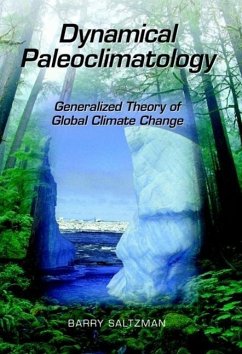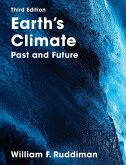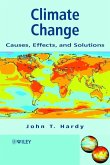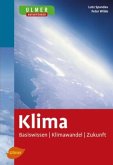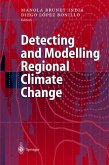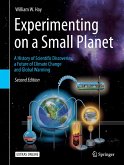The book discusses the ideas and creates a framework for building toward a theory of paleoclimate. Using the rich and mounting array of observational evidence of climatic changes from geology, geochemistry, and paleontology, Saltzman offers a dynamical approach to the theory of paleoclimate evolution and an expanded theory of climate.
Saltzman was a distinquished authority on dynamical meteorology. This book provides a comprehensive framework based on dynamical system ideas for a theory of climate and paleoclimatic evolution which is intended for graduate students and research workers in paleoclimatology, earth system studies, and global change research. The book includes an extensive bibliography of geological and physical/dynamical references.
Saltzman was a distinquished authority on dynamical meteorology. This book provides a comprehensive framework based on dynamical system ideas for a theory of climate and paleoclimatic evolution which is intended for graduate students and research workers in paleoclimatology, earth system studies, and global change research. The book includes an extensive bibliography of geological and physical/dynamical references.

